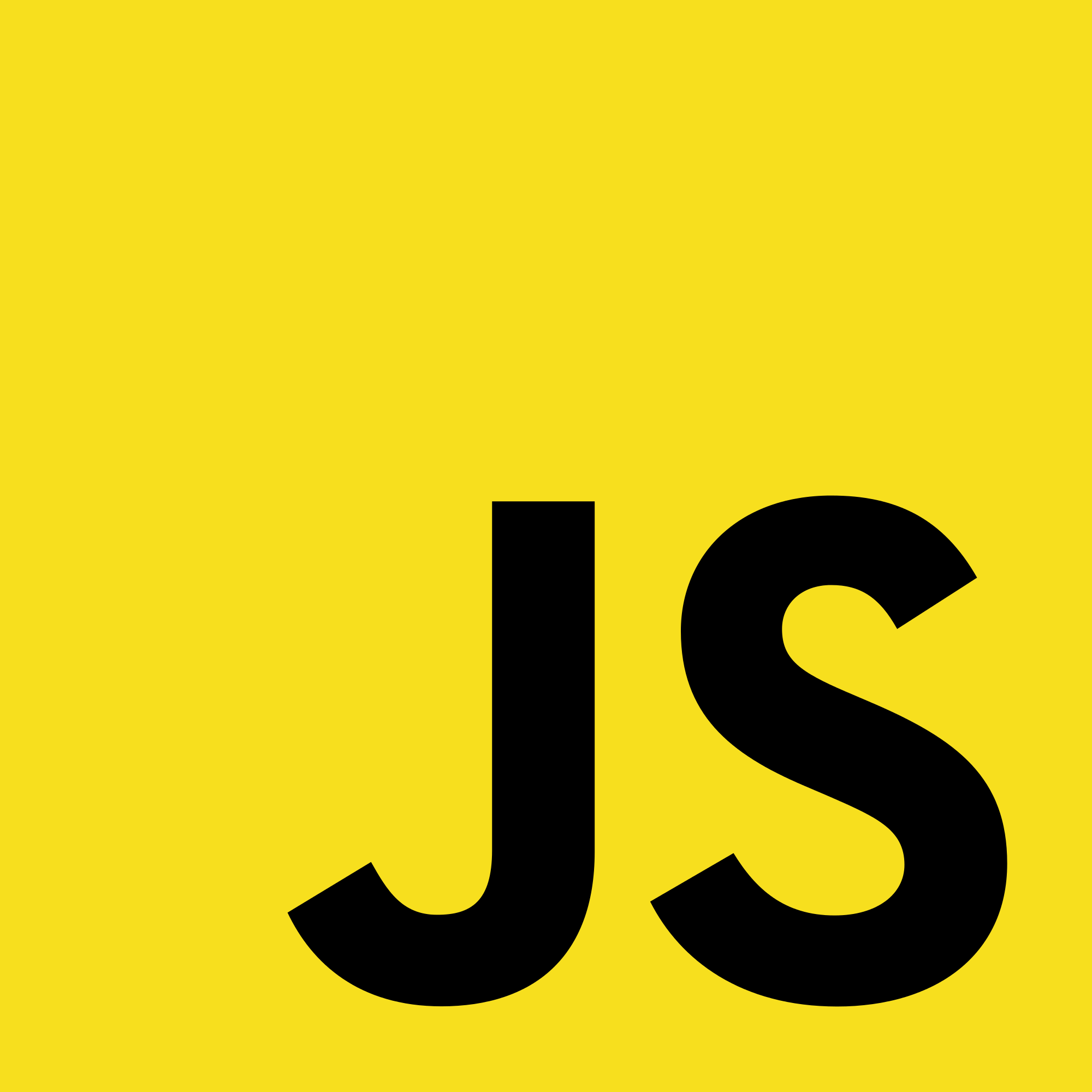JavaScript
basics

You can find this presentation here:
https://github.com/nagyadam2092/AngularJS-presentation-Frankfurt
or here:
http://nagyadam2092.github.io/work/angularjs_presentation/js_basics/#/
History

- Brendan Eich (1995) --> NetScape 2 in 1996
- originally "LiveScript" --> JAVA is popular --> JavaScript..
- Several months later Netscape submitted JavaScript to Ecma International
- EcmaScript standard that year (EcmaScript3 in 1999)
- EcmaScript 5 in 2009 (!)
- 6th edition (or EcmaScript2015) in June of 2015
JavaScript
- "JavaScript is a high-level, dynamic, untyped interpreted programming language"
- - not compiled
- mostly interpreted by the browser, but also
- Adobe Acrobat, Photoshop
- SVG images
- server-side (Node.js)
- NoSQL databases (CouchDB)
- etc..
Overview
- JavaScript is
- an object-oriented
- dynamic language
- with types and operators
- standard built-in objects, and methods
- syntax is based on C/C++/JAVA - differences
- no classes (ehm.. ES6)
- object prototype
- functions are objects
Very important note
JavaScript:
- functional
- prototypical
Types

Comparison
== VS ===
- ==
not aware of type - ===
aware of types
in general: == is bad
Numbers
There's no such thing as Integer in JS. --> Be careful!
0.1 + 0.2 == 0.30000000000000004
String to Integer with parseInt
parseInt("010", 10); // 10
parseInt("11", 2); // 3
+"010" // 10
1/0 //Infinity
isFinite(1/0) //false
Strings
sequences of Unicode characters
Single characters by strings as well ("a")
"hello".length; // 5
Strings have methods as well
"hello".charAt(0); // "h"
"hello".toUpperCase(); // "HELLO"
Other types
difference between null and undefined
null indicates a deliberate non-value
undefined indicates an uninitialized value
Booleans
true and false
but... any value can be converted to boolean
- falsy values
- false
- 0
- ""
- NaN
- null
- undefined
- truthy values
- all other values
Variables
new variables with the var keyword
var a;
var name = "adam";
if you declare a variable without assigning any value to it, its type is undefined
no block scopes (..ES6?)
Hoisting
in JS a variable can be declared after it's been used
x = 5; // Assign 5 to x
elem = document.getElementById("demo"); // Find an element
elem.innerHTML = x; // Display x in the element, which is 5
var x; // Declare x
moving all declarations to the top of the current scope
(to the top of the current script or the current function)
Objects
like HashMaps in Java
key-value pairs
var obj = new Object();
var obj = {}; //preferred
var obj = {
name: "Carrot",
"for": "Adam",
details: {
color: "orange",
size: 12
}
};
obj.details.color; // orange
obj["details"]["size"]; // 12Arrays
special type of object
like regular objects, with a magic property
length
var a = ["dog", "cat", "hen"];
a.length; // 3
["dog", "cat", "mouse"].forEach(function(currentValue, index, array) {
// Do something with currentValue or array[index]
});Functions
function add(x, y) {
var total = x + y;
return total;
}
add.variable = 'a variable'; //validfunction add() {
var sum = 0;
for (var i = 0, j = arguments.length; i < j; i++) {
sum += arguments[i];
}
return sum;
}
add(2, 3, 4, 5); // 14var avg = function() {
var sum = 0;
for (var i = 0, j = arguments.length; i < j; i++) {
sum += arguments[i];
}
return sum / arguments.length;
};Scopes in JS
- global scope - ew
- local (function) scopes - yay
Global scope
pollution is bad
use it as less as possible!
it's variables are reachable inside functions
Function scope
a function has it's own variables
these are local variables
- not reachable from the outside
var myFunction = function() {
var myVariable = 'just a var';
};
//myVariable is undefined hereIIFE and scopes
Immediately Invoked Function Expression
var a = 1;
var b = 2;
//IIFE
(function() {
var b = 3;
a += b;
})();
a; // 4
b; // 2Module pattern
"private" and "public" variables
var module = (function module() {
var privateVar = 1;
var publicVar = 10;
function privateFunc() {
console.log('privateFunc');
privateVar++;
publicVar++;
return privateVar * 2;
}
function publicFunc() {
console.log('publicFunc');
privateFunc();
}
return {
publicVar: publicVar,
publicFunc: publicFunc
};
})();this in JS
- by default it's referencing to it's scope
var obj = { x: 81, getX: function() { console.log(this.x); return this.x; } }; obj.getX(); //81
bind, call, apply
But we can change the reference of this!
var otherObj = {
x: 99
};
obj.getX.call(otherObj); //99
obj.getX.apply(otherObj); //99
var myGetXFunction = obj.getX.bind(otherObj); //returns a function
myGetXFunction(); //99more on this topic on my blog here: http://nagyadam2092.blogspot.hu/2015/02/javascript-difference-between-bind-vs.html
OO JavaScript
as we've seen before - no classes ehm.. ES6
instead we have functions, which are holding the functionalities like classes
Functional inheritance
//class Animal
var Animal = function(_feet) {
this.feet = _feet;
};
Animal.prototype.eat = function() {
console.log("I am eating, omnomnom..");
};
Animal.prototype.info = function() {
console.log("I have this amount of feet: " + this.feet);
};
//class Cat extends Animal
var Cat = function(_feet, _miceHaveEaten) {
Animal.call(this, _feet);
this.miceHaveEaten = _miceHaveEaten;
var privateVariable = "This is not available outside the class!";
};
Cat.prototype = new Animal();
Cat.prototype.purr = function() {
console.log("Purrrrrr.........");
};
//polymorphism
Cat.prototype.info = function() {
console.log("I have eaten this amount of mice so far: " + this.miceHaveEaten + ", also I have " + this.feet + " feet.");
};
var unicellular = new Animal(0);
unicellular.eat();
unicellular.info();
var garfield = new Cat(4, 9001);
garfield.eat();
garfield.purr();
garfield.info();Let's override String!
var s = "Adam";
s.reversed(); // TypeError on line 1: s.reversed is not a function
String.prototype.reversed = function reversed() {
var r = "";
for (var i = this.length - 1; i >= 0; i--) {
r += this[i];
}
return r;
};
s.reversed(); // madA
"This can now be reversed".reversed(); // desrever eb won nac sihTClosures
function makeAdder(a) {
return function(b) {
return a + b;
};
}
var fiveAdder = makeAdder(5);
var twentyAdder = makeAdder(20);
fiveAdder(6); // ?
twentyAdder(7); // ?Problems
- Create a function (
add) which adds two numbers - Create a function (
caller), which will call it's first argument (function) on the 2nd and 3rd argument:caller(add, 2, 3); - Create a function:
add(2)(3); //5 - Create a function (
mul) which multiplies two numbers - same, but
mul(2)(3); //6 - Create a function which works like the following:
applyf(add)(2)(3); //5applyf(mul)(2)(3); //6